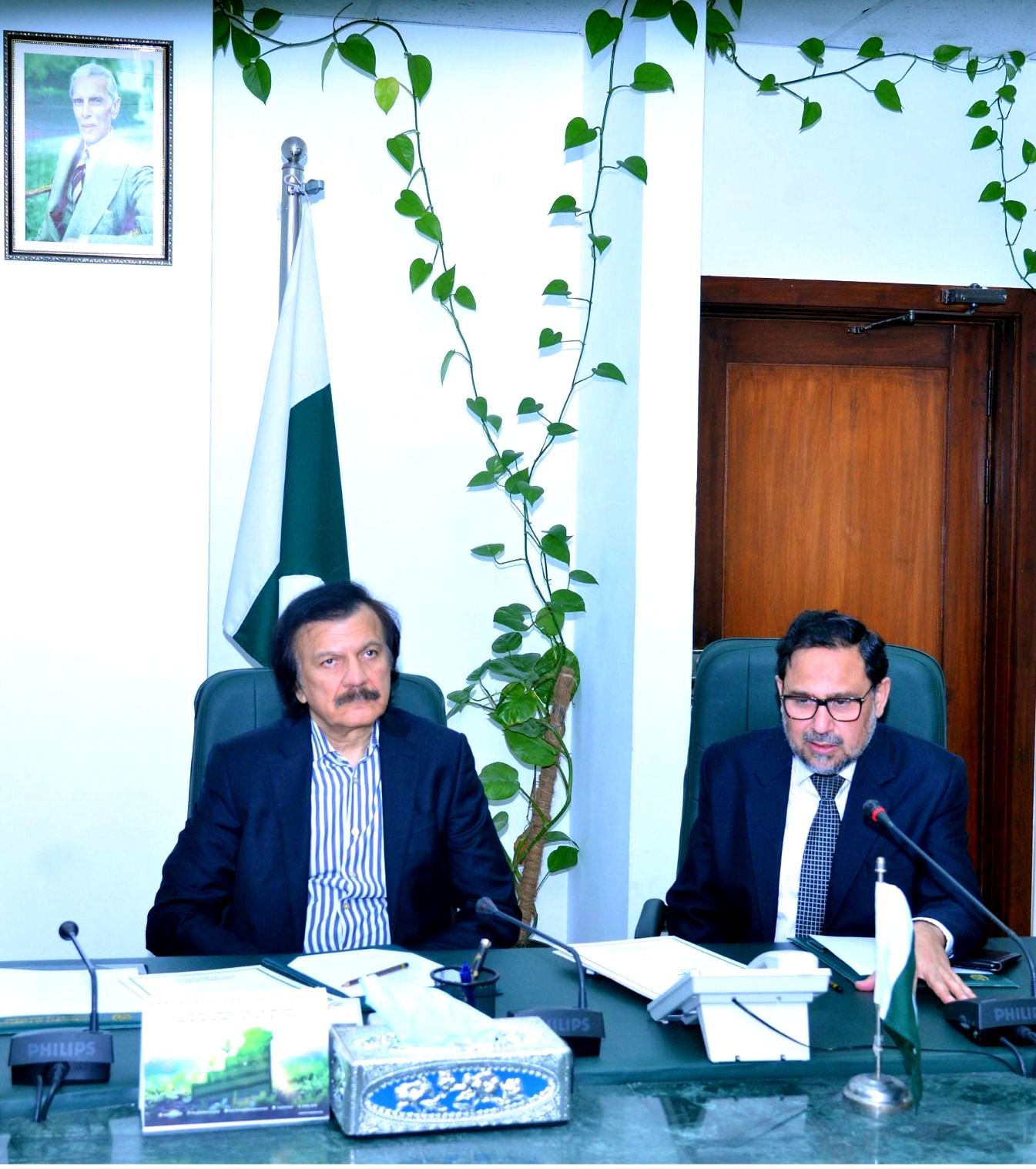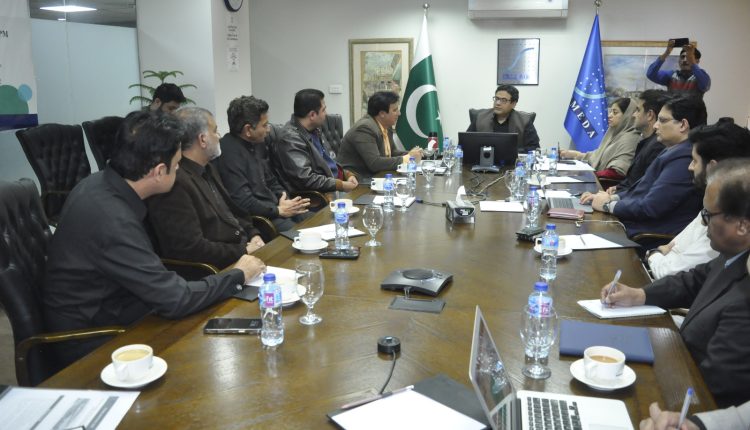The SME stakeholders have called for minimizing duties to 3%, implementing single-digit taxes on SMEs, reducing sales tax to a single digit, and lowering interest rates on loans to a range of 10%-15%. Such proposals were discussed at the first pre-budget consultative session held by the Small and Medium Enterprises Development Authority (SMEDA) at SMEDA head office for federal budget 2024-25.
The objective of the session was to engage with stakeholders and gather recommendations to shape the fiscal policy of the country, particularly focusing on incentivizing SME growth, promoting new enterprise creation, and enhancing the scale of businesses across Pakistan.
General Manager of Policy & Planning SMEDA, Ms Nadia Jahangir Seth opened the session with an overview of SMEDA’s unwavering commitment to serving as a bridge between the SME sector and the government. She emphasized SMEDA & #39’s role as the apex SME development body and highlighted the importance of continued collaboration between stakeholders to drive inclusive economic growth and prosperity for SMEs in the country.
During the session, stakeholders from various sectors including the Federation of Pakistan Chamber of Commerce & Industry (FPCCI), Lahore Chamber of Commerce & Industry (LCCI), Quetta Chamber of Commerce and Industry (QCCI), Sarhad Chamber of Commerce and Industry (SCCI), Women Chambers of Commerce & amp; Industry (WCCI) and other private sector representatives actively participated in discussions and deliberations and provided valuable input for framing proposals for tax facilitation and business growth. A wide array of recommendations and challenges were discussed, reflecting the diverse needs and concerns of the SME sector.
Key recommendations focused on tax policies, burden on businesses viz-z-viz compliance, and the urgent need for government support. Stakeholders advocated for minimizing duties to 3%, implementing single-digit taxes on SMEs, reducing sales tax to a single digit, and lowering interest rates on loans to a range of 10%-15%. Additionally, stakeholders highlighted the detrimental impact of smuggling on law-abiding SMEs and proposed measures to tackle red tape at all levels.
The session also underscored the importance of strategic planning for fiscal policy, with an emphasis on solutions-oriented approaches to address challenges. The stakeholders also emphasized the need for streamlining documentation processes for businesses to facilitate ease of doing business.
Furthermore, representatives of various stakeholders including Zaki Eijaz, Vice President FPCCI, Sajjad Afzal, Convener LCCI Standing Committee, Tanveer Barry, Vice President KCCI, Asfandyar Farrukh, Chain Store Association of Pakistan and others also emphasized the significance of a long-term fiscal policy roadmap aligned with political and IMF programmes. Discussions centred on the need for reassessing the current economic vision and the importance of industry mapping to identify key areas for intervention and growth.
Earlier, SMEDA proactively solicited proposals from SME stakeholders nationwide, focusing on fiscal measures, direct and indirect taxes, compliance issues, and federal and provincial levies. These proposals will be submitted to the Ministry of Industries and Production, Ministry of Finance, and Federal Board of Revenue for inclusion in the federal budget 2024-25.
SMEDA remains dedicated to facilitating further engagement with the business community through on ground and online sessions, ensuring that the voices and concerns of SMEs are heard and addressed properly in Policy making corridors.




